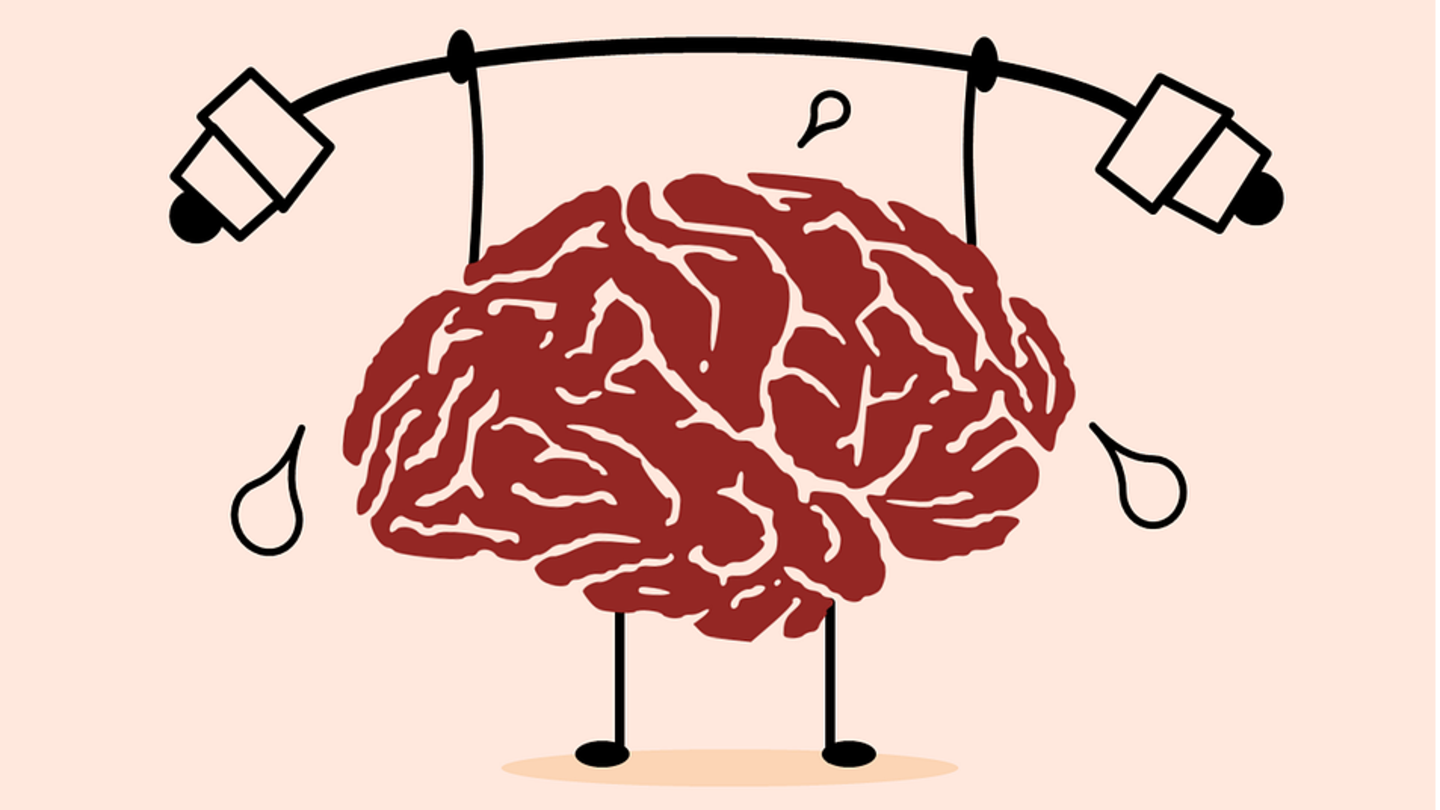
Foods that boost your brain health
What's the story
Our food habits can have a significant impact on our brain shape and health.
A brain-boosting diet helps with both short-term and long-term memory. The brain is a powerful organ that consumes roughly 20% of the body's calories and requires lots of nourishment to stay focused throughout the day.
Functional nutritionist Mugdha Pradhan shares what nutrients are required for brain health.
#1
Omega-3 fats from fatty fish
"Omega-3 fats aid in the development and repair of brain cells. At the same time, antioxidants reduce cell damage and inflammation, both associated with brain aging and neurodegenerative illnesses like Alzheimer's disease," said Pradhan.
More than half the brain is made of fat and 50% of the brain fat comprises omega-3 fatty acids.
Fish like salmon, tuna, and sardines are rich in them.
#2
Deep-colored berries and eggs
Deep-colored berries like blueberries have anti-inflammatory properties. They are also rich in antioxidants, which act against oxidative stress and inflammation, conditions that promote neurodegenerative diseases.
Blueberries also help improve memory and certain cognitive processes.
Eggs have choline that helps regulate your mood and memory, vitamin B6 and B12 that help slow mental decline and depression, and folate which helps with fatigue, depression, and irritability.
#3
Turmeric and pumpkin seeds
Turmeric is known to have properties that can help improve the memory of Alzheimer's patients.
It also boosts serotonin and dopamine, which help to improve symptoms of depression.
Pumpkin seeds are rich in magnesium which is important for learning and memory, zinc that's important for nerve signaling, copper which helps control nerve signaling, and iron which acts against brain fog and impaired brain function.
#4
Walnuts
Walnuts have antioxidants and anti-inflammatory properties.
This helps in fighting against the aging process, mild cognitive impairment, dementia, and many age-related diseases.
Walnuts are rich in alpha-linolenic acid, a plant-based omega-3 fatty acid that helps reduce oxidative stress not only by decreasing free radical levels but also by boosting antioxidant defense, thus reducing oxidative damage to lipids and proteins.
#5
Vitamin C
Certain fruits and vegetables such as oranges, bell peppers, guava, kiwi, tomatoes, and strawberries contain high amounts of vitamin C.
Vitamin C helps prevent brain cells from becoming damaged and supports overall brain health. A study found that vitamin C can potentially prevent Alzheimer's.
Overall, a person can improve their brain performance by avoiding overeating or undereating, getting adequate sleep, and staying hydrated.